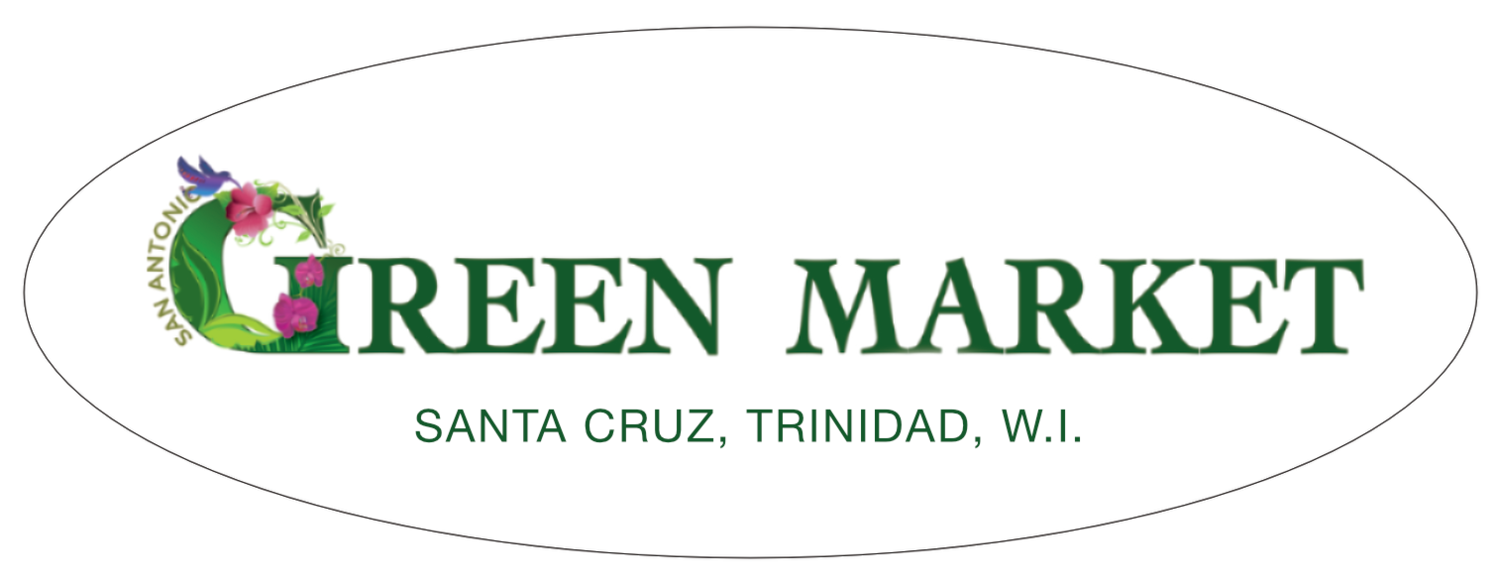The principle [ecosophy] followed, based on the Liebig tradition, is that any deficiencies in the soil solution can be made up by the addition of suitable chemicals.
This is based on a complete misconception of plant nutrition. It is superficial and fundamentally unsound. It takes no account of the life of the soil, including the mycorrhizal association — the living fungous bridge, which connects soil and sap. Artificial manures lead inevitably to artificial nutrition, artificial food, artificial animals, and finally to artificial men and women.
— From Albert Howard’s An Agricultural Testament 1943
“Artificial manures lead inevitably to artificial nutrition, artificial food, artificial animals, and finally to artificial men and women.”
So already in 1943, someone understood the interconnectedness of soil and sap. Sir Albert Howard was a botanist and pioneer of organic farming. Sir Albert spent time in our own Caribbean region — In 1899 he was a lecturer in agricultural science in Barbados and from 1899 to 1902 he was a lecturer on mycology and agriculture at the Imperial Department of Agriculture for the West Indies. His life’s work was proving that “The health of soil, plant, animal and man is one and indivisible."
The Green Market hosted a “Healthy Soils, Healthy Food Clinic” this past April 2015 — 72 years after the publication of An Agricultural Testament. We were delighted by the collaboration among the FAO, UWI, IICA and ourselves. Kervin Stephenson, the principal speaker at the Clinic, told his audience without equivocation that the soil in Aranguez, the traditional breadbasket of Trinidad, is dead. Healthy soil, he explained should be alive teeming with micro-organisms and nutrients. The Green Market believes that agriculture should again become a foundational sector of Trinidad and Tobago's economy. We believe that interconnected small scale but intensive food farming hubs around our small islands can feed our population. Diversity of crops, rotation of crops, composting, the reintroduction of small ruminant herds all could contribute to the production of healthier food and reduce our food import bill which will definitely be unsustainable with falling oil and gas prices.
Pope Francis, whom I greatly admire, in his latest Encyclical “On Care for Our Common Home” writes:
The violence present in our hearts, wounded by sin, is also reflected in the symptoms of sickness evident in the soil, in the water, in the air and in all forms of life. This is why the earth herself, burdened and laid waste, is among the most abandoned and maltreated of our poor; she “groans in travail” (Rom 8:22). We have forgotten that we ourselves are dust of the earth (cf. Gen 2:7); our very bodies are made up of her elements, we breathe her air and we receive life and refreshment from her waters.
“. . . the soil in Aranguez, the traditional breadbasket of Trinidad, is dead.”
After decades working in the area of “development” I now firmly believe that sustainability is fundamentally a moral and ethical issue. There can be no sustainable economies without a prerequisite moral agreement on the sanctity of the Earth — the inviolability of the soil. Pollution is violence, our landfills choked with electronic and plastic waste are strangling us and giving our children all kinds of physical and mental disorders. The disorientation of our youth stems from our inattention to the environment.
The Earth is the soil; our sustenance comes from the soil. Understand that buying GMO corn and soy from the global food conglomerates thinking it is cheaper is in reality exceedingly expensive. The soil is leached of nutrients, the water is wasted and diverted, the pollinators are dying and the biodiversity of the natural world that creates resilience is diminishing. Learning to respect the Earth may lead us to learning to respect each other and that respect might lead us closer to an enduring peace. The Green Market wants to continue to grow as an oasis of peace, soulfulness, serenity and above all an eco-conscious community that advocates for the heath of our Home.

